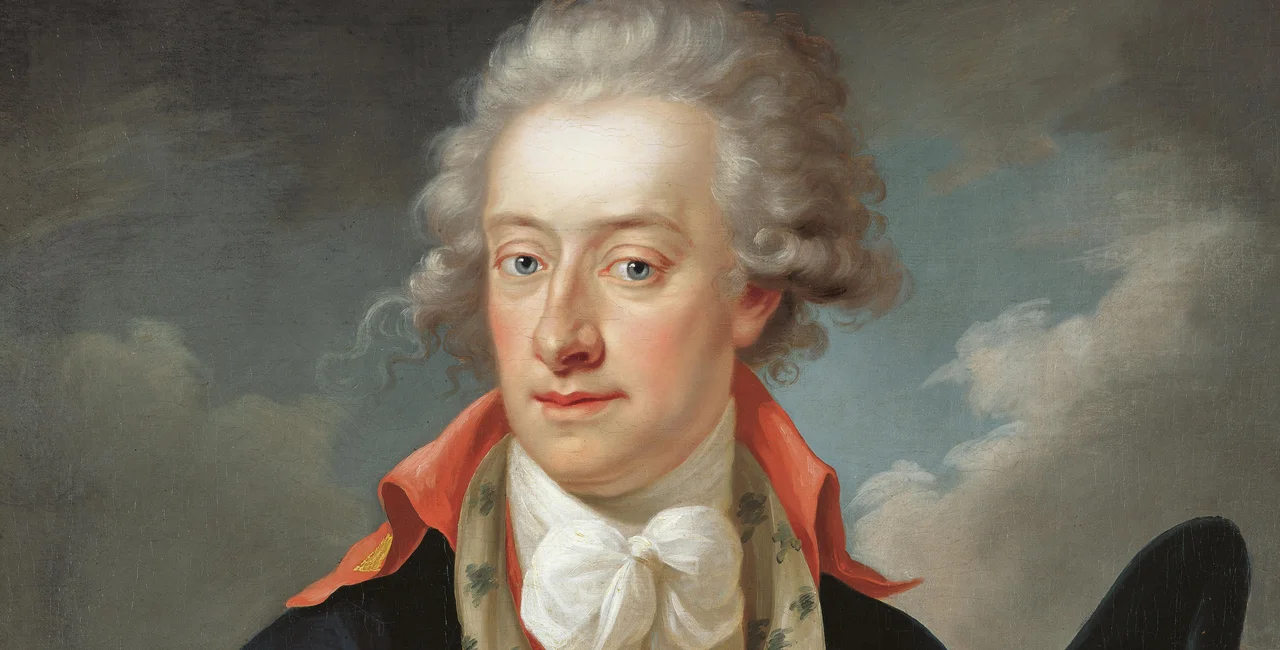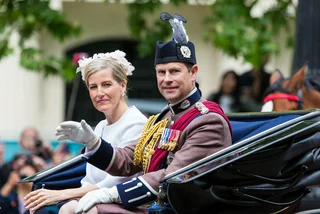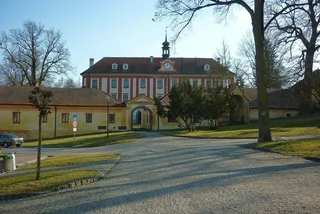The town of Opava, in North Moravia, is set to welcome a delegation from Liechtenstein on May 24. The group comprises three princesses and two princes who will be visiting the nearby town of Krnov, situated in the Bruntál district. The visit marks the opening of an exhibition at the Silesian Museum which serves to showcase the rich history and accomplishments of the noble Liechtenstein family in the region over a span of 400 years, Roman Konečný, the spokesperson for Opava Town Hall, told ČTK.
The historical connection between the Liechtensteiners and Opava is exceptionally strong, as evidenced by the continued presence of the former Opava principality's emblem on the coat of arms of Liechtenstein. In 1623, the Liechtenstein family acquired this territory when Karl I of Liechtenstein was bestowed with the title of Duke of Krnov and Opava. The significance of this title remains to this day, with the current Prince of Liechtenstein, Hans-Adam II, continuing to use the same designation.
Initially, the plan was for Princess Nora and Prince Alfred of Liechtenstein to visit Opava. However, the delegation grew in size. "Prince Wolfgang, Princess Gabriella, and Princess Maria-Pia Kothbauer will also come to Opava. The latter is the only guest who has already been to Opava as Liechtenstein's ambassador to the Czech Republic and Austria. It will be a premiere for the others," said Konečný. Prince John Adam II, who had previously visited Opava in 2015 and 2017, will not be attending this year's visit.
Konečný said that the focal point of the itinerary will be the opening ceremony of the exhibition titled "Princes of Liechtenstein. Lords of the Opava and Krnov Lands" at the Silesian Museum on May 24. This exhibition serves as a comprehensive chronicle of the family's involvement in the region over a span of 400 years.
"In addition, our guests will have a tour of the town, a reception at the Town Hall, and a dinner. The next day, they will pay a short visit to Krnov and then return to Vienna by car," he added.
For centuries, the Czech state and Liechtenstein have maintained a historical connection. The Liechtenstein family, renowned as one of the wealthiest nobilities in the country, particularly held substantial estates in Moravia.
However, a substantial portion of their holdings was lost in former Czechoslovakia following land reforms implemented after World War I. Additionally, the remaining properties were confiscated in the aftermath of World War II based on the post-war Beneš Decrees. The Liechtensteins are currently engaged in defense against being classified as individuals of German nationality after the war, as this designation subjected them to the application of the aforementioned decrees.
Issued by former Czechoslovak president Edvard Beneš, the decrees included provisions for the confiscation of property belonging to collaborators, traitors, ethnic Germans, and Hungarians, with exceptions made for those who had suffered under the Nazi regime. They also served as the legal foundation for the expulsion of the aforementioned groups from Czechoslovakia.
The application of these decrees to the property of the Liechtenstein family has resulted in a long-standing dispute between the Czech Republic and Liechtenstein. As a consequence, diplomatic relations between the two countries were only established in September 2009.












 Reading time: 2 minutes
Reading time: 2 minutes 

































